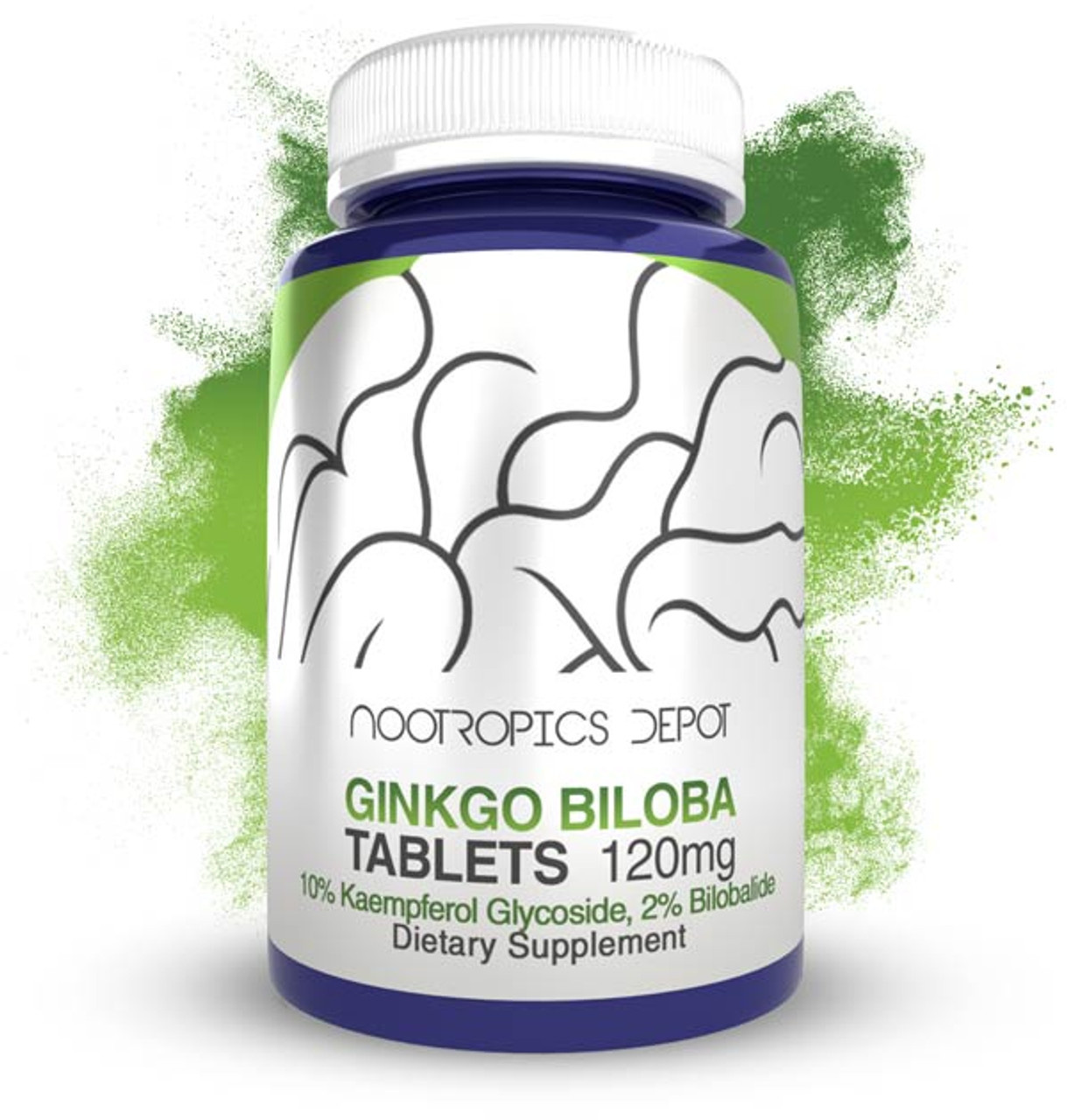Ginkgo Biloba and the Vestibular System: A Look for the Vestibular Specialist

As vestibular specialists, we are constantly seeking effective strategies to help our patients navigate the often debilitating symptoms of vertigo and dizziness. While vestibular rehabilitation is a cornerstone of our practice, we are usually asked about adjunctive treatments, including natural supplements. Ginkgo biloba is one such supplement frequently arising in discussions regarding dizziness and balance. But what does the evidence honestly say about its effects on the vestibular system, peripherally and centrally?
Ginkgo biloba, specifically the standardized extract EGb 761, has been investigated for its potential therapeutic effects in various conditions, including those affecting the vestibular system. Proposed mechanisms of action often include improved blood flow, antioxidant properties, and modulation of neurotransmitters. Understanding how these might translate to effects on the intricate vestibular network is key for us as specialists.

Peripheral Vestibular Effects: More Than Just Blood Flow?
The peripheral vestibular system, comprising the inner ear's labyrinth with its semicircular canals and otolith organs, is susceptible to changes in blood supply. Given Ginkgo biloba's purported vasodilatory effects, it's been hypothesized to improve microcirculation in the inner ear, potentially benefiting conditions like Meniere's disease or other peripheral vestibulopathy where vascular compromise might play a role.
While improved blood flow is a plausible mechanism, direct evidence demonstrating this effect specifically within the human inner ear in the context of vestibular disorders is challenging to obtain. Clinical trials investigating Ginkgo biloba for peripheral vertigo have yielded mixed results. Some studies suggest a benefit in reducing the intensity, frequency, and duration of vertigo spells, particularly in patients with vascular-related dizziness. However, the quality and methodology of these studies vary, necessitating a critical eye when interpreting the findings.
It's also important to consider that peripheral vestibular symptoms often improve over time due to central vestibular compensation. Teasing out the specific contribution of Ginkgo biloba versus natural recovery or the effects of concomitant vestibular rehabilitation can be challenging in clinical trials.
Central Vestibular Effects: Influencing Compensation
Beyond the periphery, Ginkgo biloba has also been explored for its potential influence on the central vestibular system. The process of central vestibular compensation, which occurs in the brainstem and cerebellum, is crucial for recovery after a peripheral vestibular insult. This involves neuronal plasticity and re-weighting sensory information from the visual and somatosensory systems to compensate for the impaired vestibular input.
Research, including some animal models, suggests that Ginkgo biloba might enhance aspects of central vestibular compensation. This could be related to its potential neuroprotective effects, influence on neurotransmitter systems involved in plasticity, or improvement in cerebral blood flow.
Clinical trials investigating Ginkgo biloba in patients with central vestibular vertigo, such as that resulting from vertebrobasilar ischemia, have also shown some promising results, with studies indicating a reduction in vertigo severity. Furthermore, some research suggests that Ginkgo biloba may augment the effects of vestibular exercises by facilitating the central compensation process. This aligns with our understanding that active engagement through rehabilitation is vital for optimal recovery.
Navigating the Evidence: What Does This Mean for Practice?
For vestibular specialists, the evidence suggests that Ginkgo biloba extract, particularly EGb 761, may offer some benefit as an adjunctive treatment for vertigo and dizziness, potentially influencing both peripheral microcirculation and central compensatory mechanisms. However, it is not a panacea, and the evidence is not uniformly strong across all types of vestibular disorders.
When considering Ginkgo biloba for our patients, it is crucial to:
We must evaluate the evidence critically. We must be aware of the limitations of existing studies, including sample size, methodology, and potential for bias. This cautious approach is a testament to our responsibility as healthcare professionals. Consider the type of vertigo: The potential benefits of Ginkgo biloba may be more relevant for certain conditions, such as vascular-related dizziness or in supporting central compensation. For instance, it may be more beneficial for patients with vertigo resulting from vertebrobasilar ischemia, where studies have shown a reduction in vertigo severity. View it as an adjunct: Ginkgo biloba should not replace evidence-based vestibular rehabilitation, which remains the cornerstone of treatment for most vestibular disorders.
Discuss with patients: Have an open conversation about the current evidence, potential benefits, and limitations of Ginkgo biloba, as well as possible interactions with other medications. For example, Ginkgo biloba may interact with blood thinners, increasing the risk of bleeding, or with certain antidepressants, leading to an increased risk of serotonin syndrome.In conclusion, while Ginkgo biloba has shown some promise in positively influencing vestibular symptoms, likely through a combination of peripheral and central effects, more high-quality research is needed. This forward-thinking approach ensures that we continue to advance our understanding and improve the management of vestibular disorders.



